Since its highly anticipated reopening in September, the renovated Save A Lot grocery store in West Garfield Park has angered neighbors because of its overflowing dumpsters and insufficient rodent prevention measures — problems that have resulted in new city citations and fines.
Meanwhile, expired produce and jugs of milk a week past their sell-by date sit on the shelves. The Save A Lot, at 420 S. Pulaski Road, is the first of six city-funded stores that promised to offer quality groceries in neighborhoods historically lacking fresh food options.
The city is supporting the businesses to try to address the food deserts on the South and West sides, where many residents live far from grocery stores.
But at the West Garfield Park Save A Lot, store trash cans and dumpsters overflowing with food and other garbage once sat on a vacant lot adjacent to the property, “a vacant lot they don’t own,” says Talei Thompson, an activist from the Garfield Park Community Council whose relatives live in a home behind the Save A Lot. The containers still spill over in the alley.
“All week long, we see it overflowing with trash, not just trash but food, and then the food is spoiling all over the ground for rats to eat. They’re feeding rats. They’re literally feeding rats.”

The Save A Lot grocery store in West Garfield Park. Garbage can be seen overflowing out of dumpsters in the alley.
As Save A Lot’s owner, Yellow Banana, prepares to open its last store in the $20 million city deal, a Sun-Times analysis shows the cash-strapped company has yet to meet key requirements needed to get the money by a March 31 deadline.
Aside from renovating and reopening markets in neighborhoods on the South and West sides, Yellow Banana promised city officials that it would spend a certain percentage of its money on women- and minority-owned businesses at each store. Those companies then show the city certified documents proving they’ve been paid by Yellow Banana, according to the redevelopment deal signed in March 2022.
Yellow Banana also has $47,000 in outstanding citation fines and utility bills — debt that could sully its $20 million deal. Such payments “can be withheld for debts under certain conditions that may involve various city departments,” says Peter Strazzabosco, deputy commissioner of the Chicago Department of Planning and Development.
Yellow Banana officials did not return messages seeking comment.
Construction, payment troubles
City records show that as of late January, Yellow Banana was still short paying minority- and woman-owned firms it hired at two of the stores in the redevelopment deal: 7240 S. Stony Island Ave., which opened in December, and 4439 W. 63rd St., which has yet to open, according to records obtained under the state’s Freedom of Information Act. The company’s vendors have yet to certify payment in full on four stores, including the two above.
Those records show it still owes about $1.7 million to its contractors across five stores, with the most, about $878,700, owed at its West Garfield Park location.
These difficulties have prevented the company from obtaining a necessary certificate of completion for each store, as well as a final certificate for the entire project.
Chicago’s Department of Housing, tasked with monitoring compliance with disadvantaged businesses, says it can’t sign off on any of the stores.
“The developer and their [general contractor] have not completed [their] compliance reporting,” says Michael Cox, a department spokesman.
Each delay has stalled payments to the deeply indebted company. Each completion certificate entitles Yellow Banana to 75% of its contracted amount for that store. The remaining cash, all funded by grant money from the Chicago Recovery Fund and federal sources, is paid when the final overall completion certificate is approved — provided everything is done by March 31 or else Yellow Banana gets $0.
For example, emails between the city and Yellow Banana, obtained under the state public records law, suggest problems installing signs at several stores caused a delay of at least six weeks, impacting its ability to receive completion certificates. As of late November, signs at certain locations hadn’t been manufactured and hung — and still needed aldermanic approval.
Yellow Banana CEO Joe Canfield told city officials that the sign company he initially chose went bust after he sent them a deposit, losing work time as he searched for a replacement.
“South Water Signs was the original sign vendor. We released a $15,000 deposit to them, which is normal for sign vendors. They took the deposit but went out of business before they performed any work or provided any materials,” Canfield wrote to the city’s program auditor in an Oct. 31 email.
Dating back to 2022, South Water Signs had a long history — easily searchable online — of complaints describing poor service, unpaid invoices and no response from the company via phone or emails. Its owner filed for bankruptcy in October, telling the court he owed more than $10 million, including $1 million in state and federal sales tax, along with a guarantee of corporate debt.
In August, the Sun-Times documented serious financial problems facing Yellow Banana.
The company founded in 2021 shrank from 38 stores across five states to its six Chicago stores under the redevelopment deal, as well as an Englewood store not part of the deal. Their debts from lawsuits and unpaid bills topped $2 million. The company has also failed to address legal actions initiated by suppliers such as PepsiCo and Sherwood Food Distributors, who claim they’re still owed hundreds of thousands of dollars for delivered merchandise.
In December, an Ohio judge finalized a $300,000 default judgment against Yellow Banana in a PepsiCo lawsuit. The company has been “evasive and avoiding service,” one lawsuit affidavit says.
A Cleveland court also issued a garnishment order against Yellow Banana for money owed to Coca-Cola Southwest Beverages following an August judgment that went unpaid.
Financial challenges have persisted, according to correspondence reviewed by the Sun-Times.
“I was hoping to close down this open item on 420 Pulaski so we can move this project towards payment,” Canfield wrote on Oct. 14 to the city’s program auditor.
In December, he echoed his prior plea.
“Anything we could do to prime the pump and try to get the 420 Pulaski payment out the door ahead of the 12/15 payment we have due to our lender would be extremely helpful for us,” Canfield wrote to city auditors. “I know we were pessimistic on the call today. I am hoping a few more days of lead time might help us beat the clock.”
In October, Osman Construction, the general contractor overseeing the renovations for each store, also informed the city that it was still waiting for payments from July and August, totaling more than $600,000.
City records show Yellow Banana has yet to pay Osman money at five stores, as of Jan. 21.
Osman Construction did not return messages seeking comment.
Sanitation problems follow
Soon after the West Garfield Park store opened Sept. 5, neighbors, fearing rats, began reporting garbage problems outside the store.
The city had shuttered the building in 2022 due to a rat infestation. Activists had petitioned in vain for the building, historically a grocery store, to be knocked down and replaced.
It’s the only store Bryan Ramson can walk to from his house. It’s also adjacent to his train stop so he was optimistic when it opened. He’s been “pleasantly surprised with the quality of the meat.”
But outside, he regularly sees spilled garbage — as if Yellow Banana doesn’t pay for enough dumpsters, he says — and giant rats.

Talei Thompson and Bryan Ramson near the Save-A-Lot grocery store at 420 S. Pulaski Road.
“I guess we’re really just frustrated. … We thought [Yellow Banana] would do a better job than just essentially putting a coat of paint over what was a pretty bad situation,” Ramson says. “I don’t think that they would have this sort of behavior towards any other neighborhood. … They don’t treat the residents who live around them like that.”
In June, city inspectors claimed the store owners not only neglected to manage the trash and garbage outside but also provided food and shelter for rats, due to the spilled trash and spoiled food.
Similar problems were documented in August, including one for “materials and junk allowed to accumulate on premises, providing rat harborage.”
A week after the grand opening, when Canfield and other officials gave away free bags of pantry goods, inspectors from the Department of Streets and Sanitation caught the same issues.
“Failure to remove abandoned/derelict vehicle, garbage, waste or other material that threatens public health/safety,” they wrote on Sept. 12. “Warning was issued … trash is always all over the ground.”
The new fines totaled $15,000. That’s in addition to $15,000 in previous unpaid fines and $17,000 in unpaid utility bills at multiple Chicago stores since June, as of records examined in December. And city records fail to show whether Yellow Banana has paid $2,750 in fines — knocked down from around $10,000 in a settlement agreement with city officials — stemming from a 2022 inspection revealing expired baby food and safety concerns at 420 S. Pulaski.
Last week, reporters documented expired milk a week past its expiration date, wilted vegetables and dozens of packages of expired greens and lettuce on store shelves in West Garfield Park, as well as expired ground meat in the cooler at 2858 E. 83rd St.
#Save #Lot #grocery #stores #struggles #threaten #hopes #Chicago #food #deserts

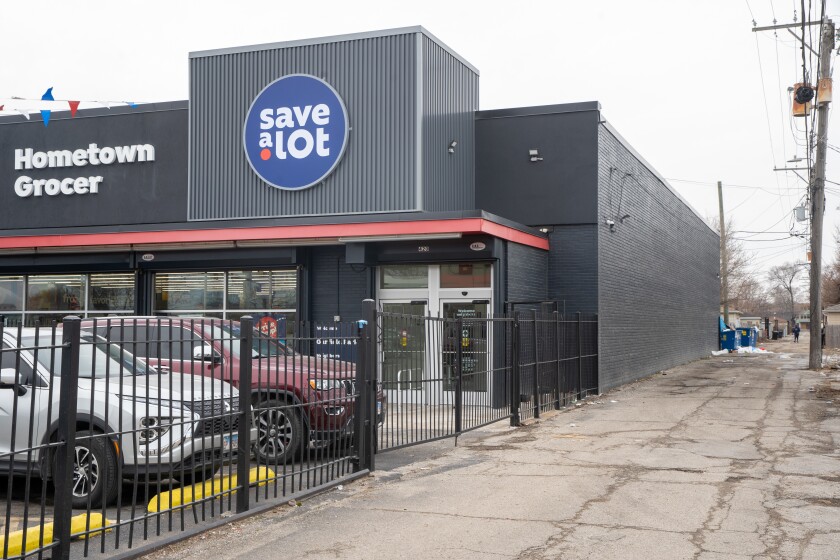
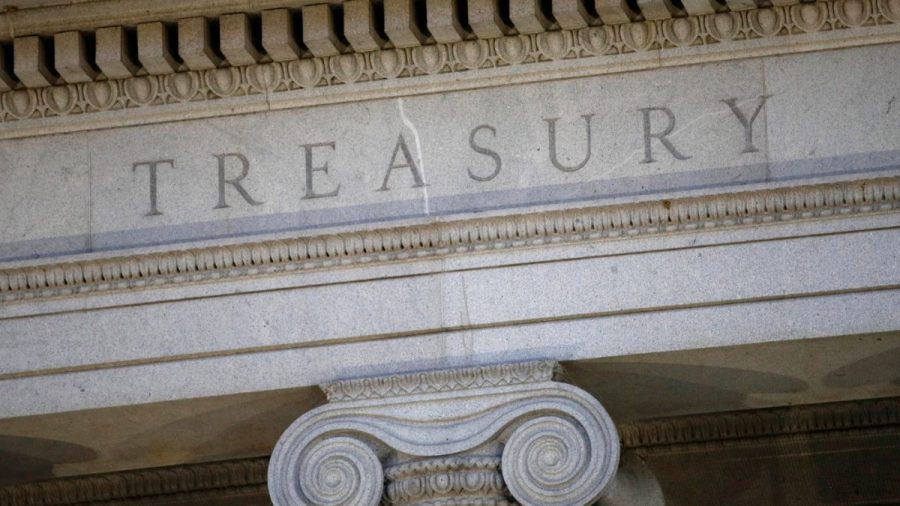
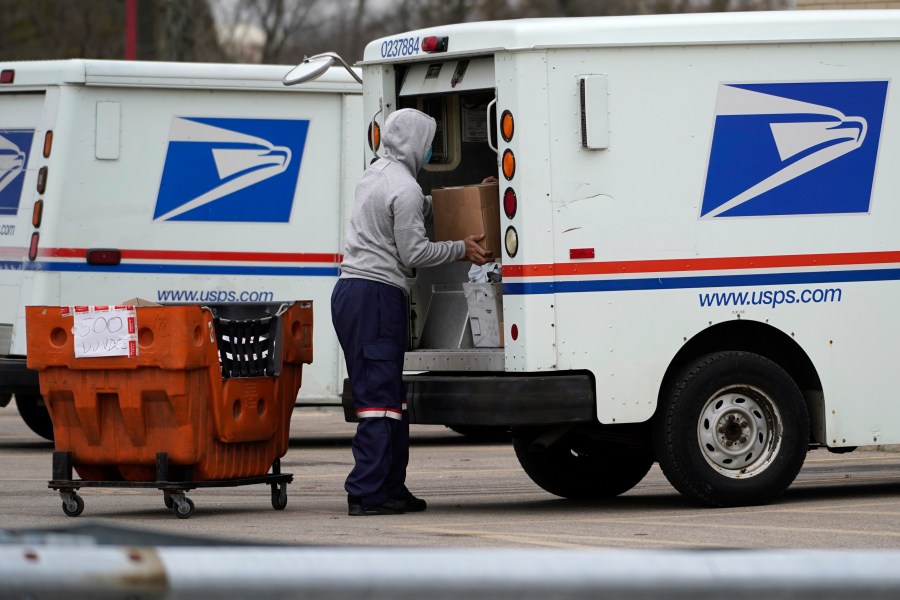
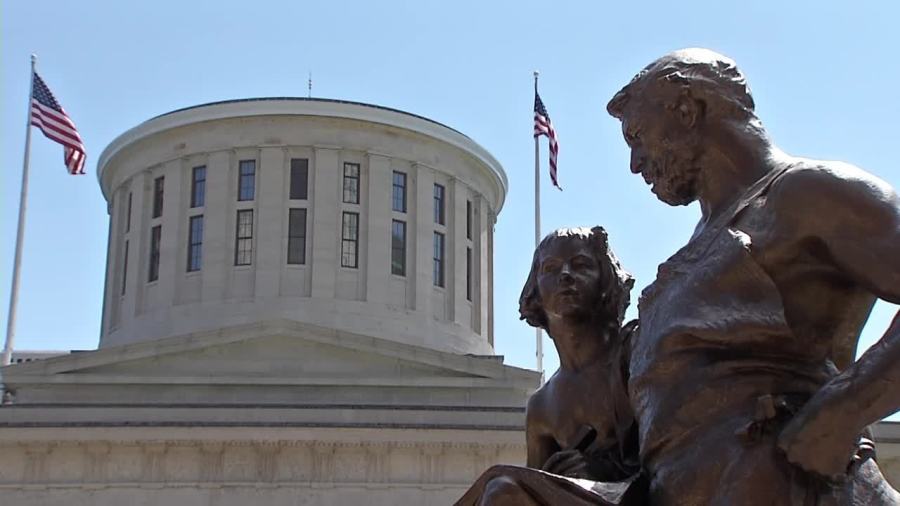
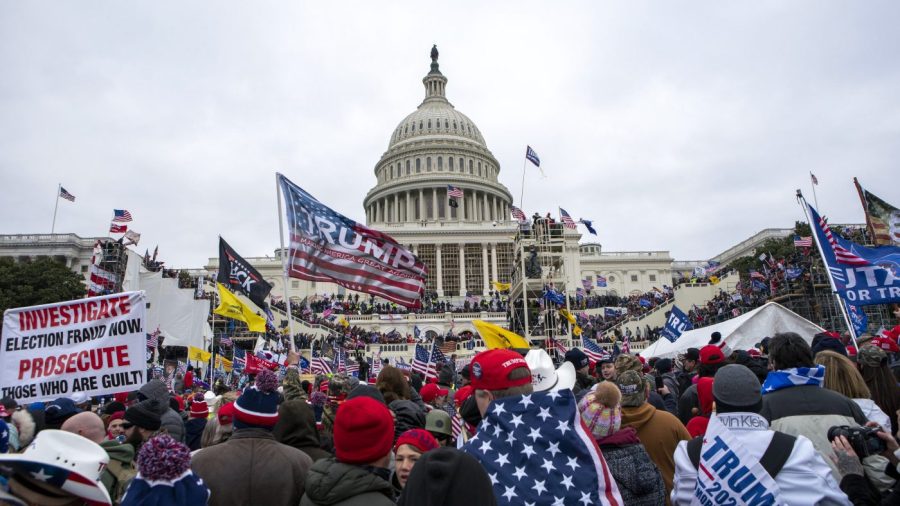
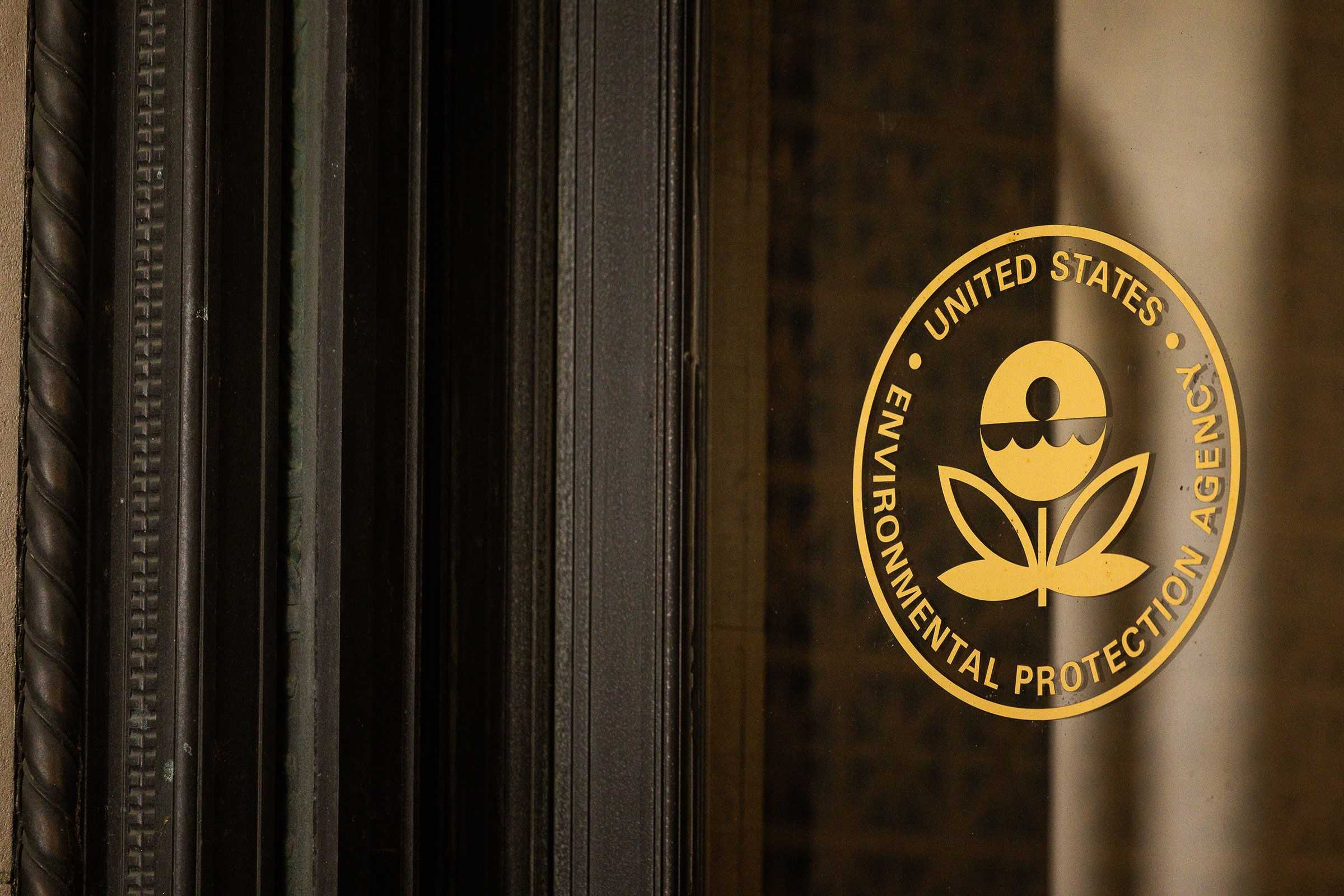



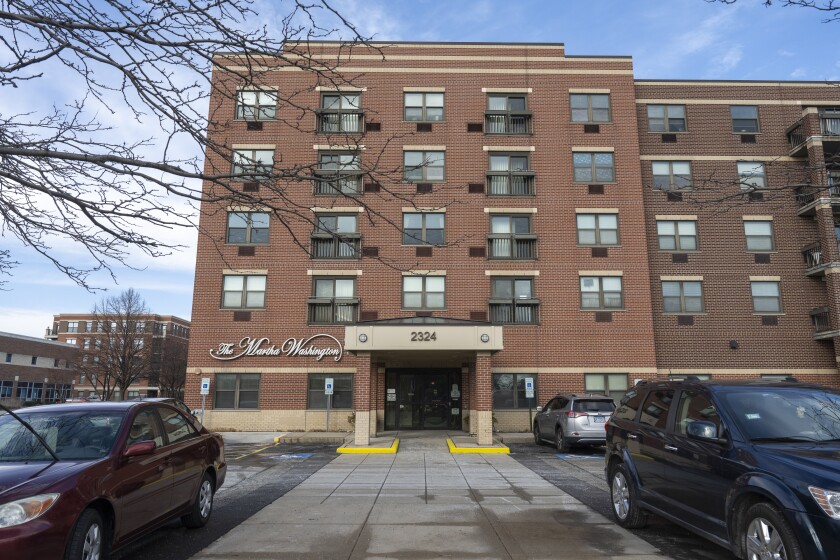
Leave a Reply